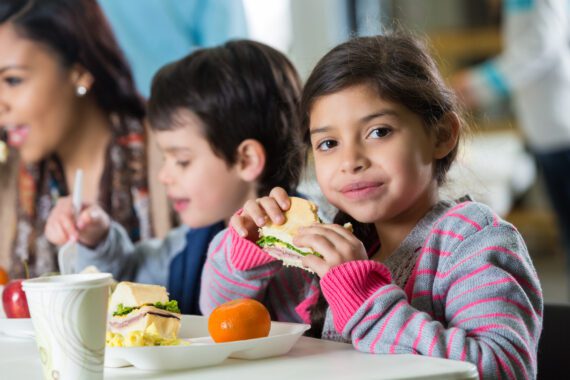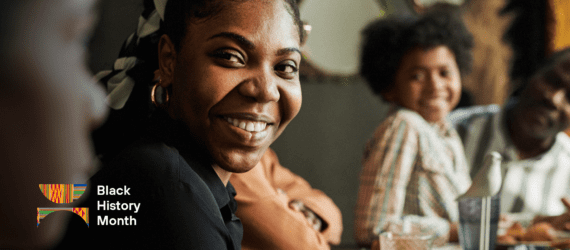“Women Are ‘Chief Economists’ Who Can Help End Hunger: UN,” by Eleanor Goldberg, The Huffington Post. “The United Nations has committed to ending world hunger by 2030 and it’s women who may be the key to reaching that goal.”
“Chico State takes the lead in combating student hunger,” by Elizabeth Helmer, The Orion. “A recent report released by the CSU chancellor’s office found that 24 percent of the CSU systems go hungry.”
“The renowned philanthropist on the gender gap in unpaid labor and why poverty is sexist,” by Jessica Grose, Lenny. “While I edited this interview, my husband was folding our laundry and my daughter was running around our apartment in one continuous, galloping loop. I mention this because our domestic, egalitarian Sunday illustrates something Melinda Gates, the philanthropist and cofounder of the Bill & Melinda Gates Foundation, has been talking about lately: the gender gap in unpaid labor. It’s something she addressed in her 2016 annual letter — the fact that women spend more time on domestic duties than men do in every country in the world.”
“How the City of Albany is Advancing Smart Criminal Justice Reform,” by Gabriel Sayegh, The Huffington Post. “Yesterday marked the launch of Albany’s innovative Law Enforcement Assisted Diversion (LEAD) program, making New York’s capital city the first jurisdiction on the East Coast, and only the third in the nation, to launch LEAD. Albany’s reform approach highlights the growing role cities are playing in the growing national movement to end mass incarceration and the failed war on drugs.”
“Children in poverty more likely to have problems with friendships, study shows,” by The Guardian. “Children living in poverty are more likely to be solitary and have problems with friendships, research has revealed.”
“A New Orleans rabbi and her congregants are starting new conversations about mass incarceration,” by Eve Abrams, 89.9 WWNO New Orleans Public Radio. “We are all living with mass incarceration one way or another. It affects everyone, passively or actively.”



